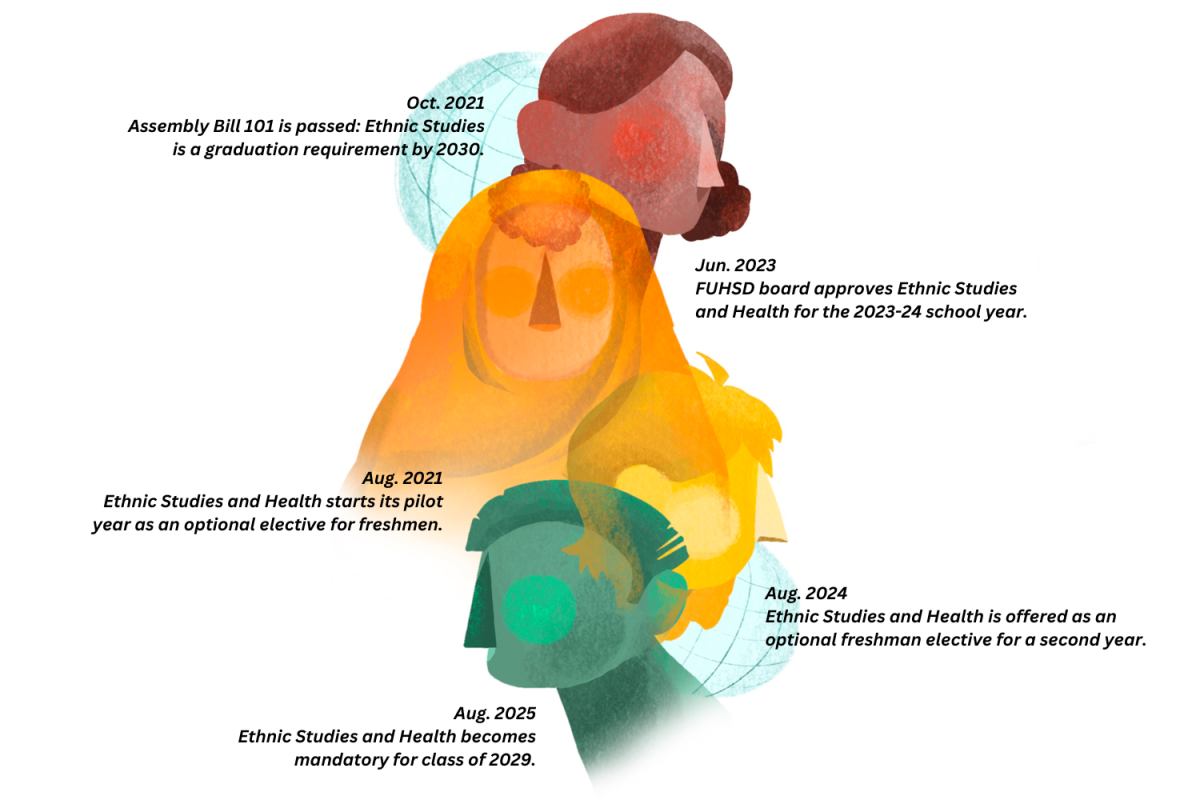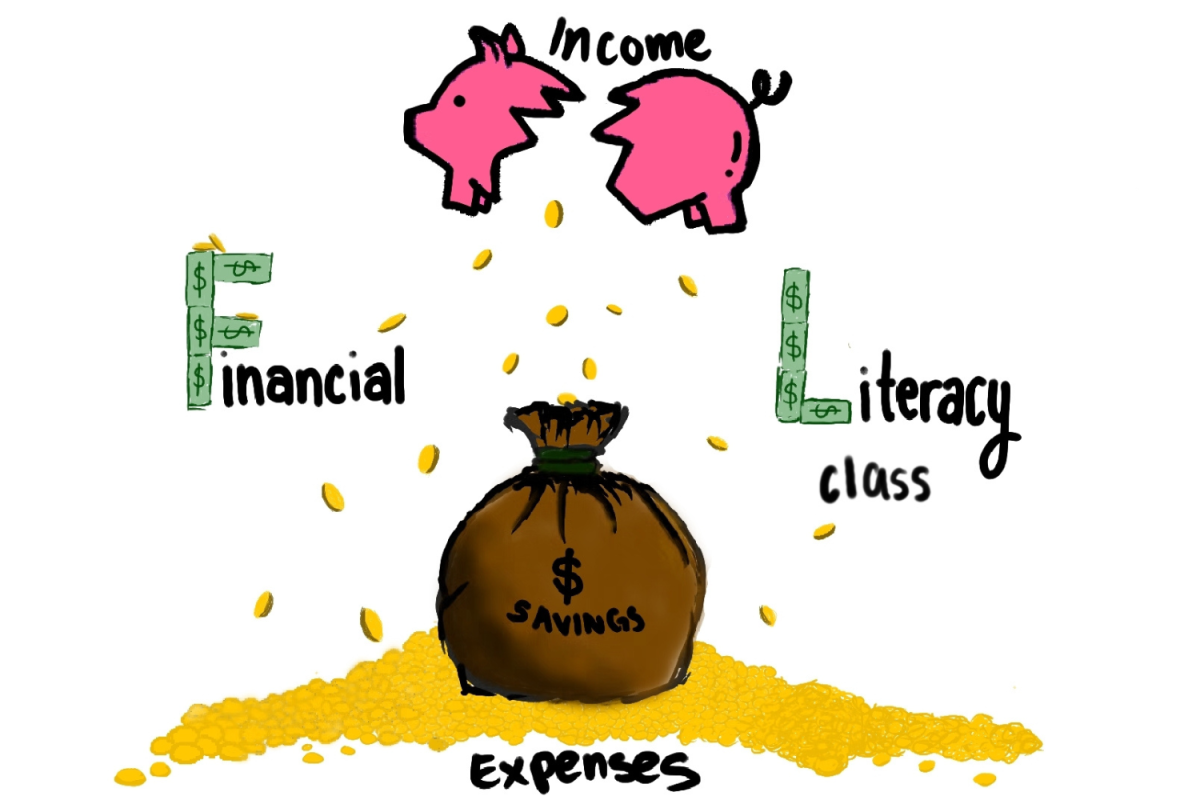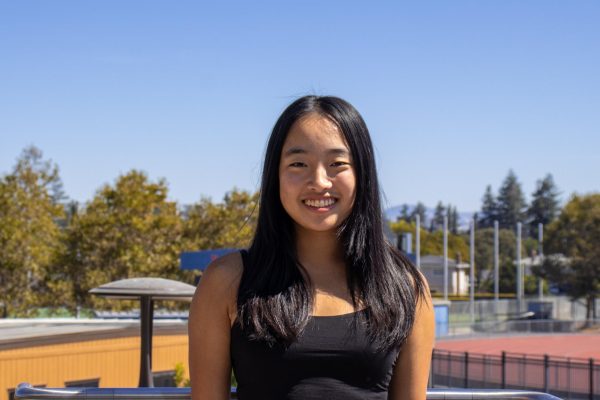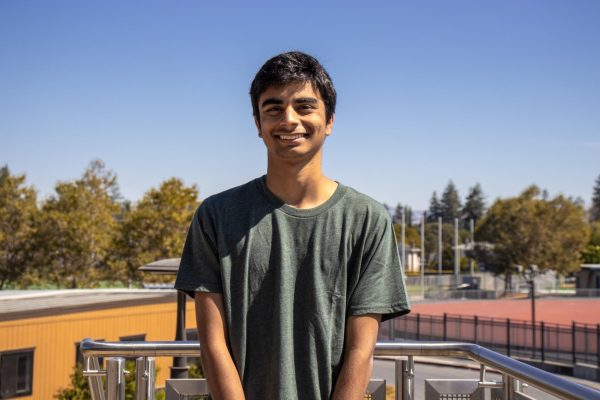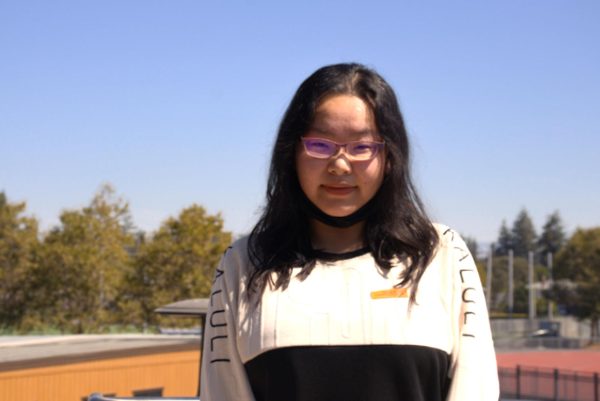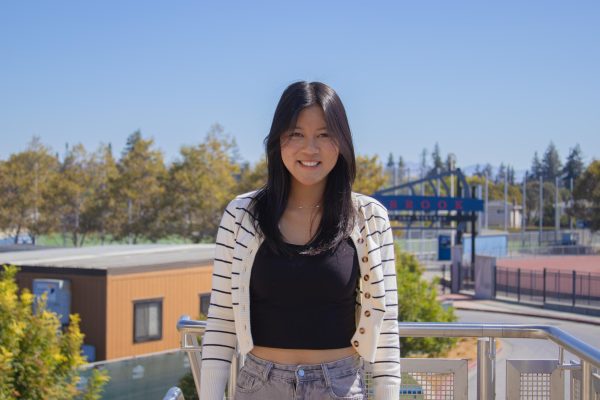After a pilot year at FUHSD schools, the Health and Ethnic Studies course is set to be added into the 2025-26 required freshman curriculum. The course’s second year at Lynbrook will be taught by Monta Vista biology teacher Pooya Hajjarian for the Health semester and Monta Vista High School history teacher Usiel Meraz-Cerna for the Ethnic Studies semester. The 2024-25 school year will create opportunities for refinement before complete rollout.
The course was instituted in response to Assembly Bill 101, passed into California legislation in 2021, which mandates Ethnic Studies for high school students from the Class of 2030 onwards. FUHSD combined Health and Ethnic Studies into one year-long course, with Health being taught in the first semester and Ethnic Studies in the second semester.
The California State Board of Education’s model for Ethnic Studies focuses on equality, equity, ethnicity and race. Schools may adjust their curriculum to better reflect their student demographic.
History teacher Luca Signore taught Lynbrook’s first Ethnic Studies class in the 2023-24 school year. The class included three units — Identity, Community, Systems of Power — and a final research project. Students were encouraged to share their opinions and learn from each other’s personal experiences.
“Discussion is the best way to get students to grapple with ethnic studies,” Signore said. “You’re not looking for a specific answer; it’s more about understanding the shades of gray between the black and white.”
In Health during the 2023-24 school year, chemistry teacher Jessica Lu taught students about healthy habits like good nutrition and exercise. The class was intended to be a safe space to discuss mental health issues and effective coping mechanisms. At the end of each unit, students completed a Wellness Reflection Assessment Portfolio, a project that tested their knowledge and included hands-on activities, like learning how to make a dish from their parents or bringing their breakfast to school.
“I hoped for students to take away strategies they can apply to their own lives, such as getting eight hours of sleep, drinking enough water and moving their bodies,” said Lu. “They picked up some new healthy habits they plan to utilize.”
Despite its success, the Health and Ethnic Studies course has faced a few setbacks since its introduction. While Lynbrook initially planned to implement the Health and Ethnic Studies course as a freshman requirement for the Class of 2028, it was pushed back a year due to low enrollment and ongoing course development. The courses were offered to freshmen as optional electives, with a final class size of a little over 20 students in the past year.
“We thought we would have a lot more kids sign up for it this year, and that just didn’t happen,” FUHSD Superintendent Graham Clark said. “Getting public input on new courses is part of our process. The input that we get is helpful because we can refin e the course before we roll it out to the whole population next year.”
The Ethnic Studies curriculum has also been a point of contention for some parents, who feel that their kids are too young to learn about topics like discrimination and sexism, along with concerns that the course might paint current society in a negative light. The district has ensured that Ethnic Studies encourages students to form their own opinions on race and gender from personal experience, rather than suggesting a specific viewpoint.
“People are really nervous that we’re indoctrinating kids into one way of thinking about ethnicity, culture, society — all those things — but that is not our approach,” Homestead High School Principal Denae Nurnberg said. “We’re really trying to help students reflect on who they are.”
Class space may be a further concern for incoming freshmen, who would be unable to take as many electives due to the new requirement. If students are delayed from taking certain entry-level courses, this may hinder their participation in advanced courses, such as the arts.
“If students can’t take art as freshmen, and need a language and P.E. as sophomores, this pushes an entry level art course to junior or senior year,” art teacher Judy Schulze said. “Who will enroll in the upper-level courses? This will limit what kinds of art experiences are available at Lynbrook, and would be a great loss to our student body.”
Opting for seven periods would offer more class space, but might lead to conflicts with sports and other extracurricular activities. Many electives, especially foreign languages, are already impacted by declining enrollment across FUHSD schools.
Despite these concerns, administrators involved in the creation of the Health and Ethnic Studies course stand by its benefits. Health focuses on taking science beyond theory, turning it into valuable life skills for mental and physical health. The new perspectives students gain from ethnic studies can give them more confidence in academics, according to social studies curriculum lead Viviana Torres.
“Analysis is really hard, critical thinking is really hard, and giving students an extra semester of that sort of communication is going to benefit them greatly,” Torres said.
The Health and Ethnic Studies course may continue to bring other benefits to the student body. As development continues, new teachers Hajjarian and Meraz-Cerna hope to use their prior experience to make the class more engaging and fulfilling.
“It was fun learning about what was working for our kids and what wasn’t,” Hajjarian said. “We’d ask for feedback like, ‘How did that go? What should we do differently next time?’ I think it was really exciting for the kids to play a role in creating a future course.”
Currently, administrators and teachers are doing their best to prime the course for grade-wide enrollment starting in 2025. The official implementation date is not set in stone, and may be pushed back to 2026, depending on enrollment and feedback this year. Notes from weekly meetings during the 2023-24 school year allow teachers to continue building and improving upon a comprehensive curriculum, including cutting and condensing certain areas within the class.
“Giving young people the space to try to think about who they are, who they want to be and what matters in their lives, is not only going to give them confidence but also help them as they get older and make choices about their lives,” Torres said.





























































